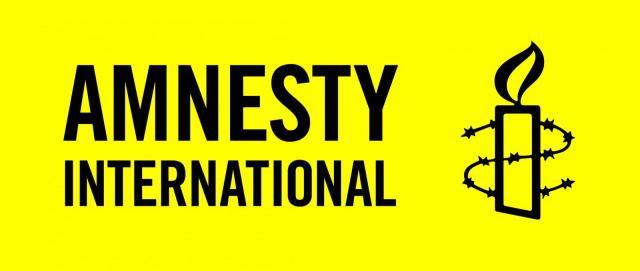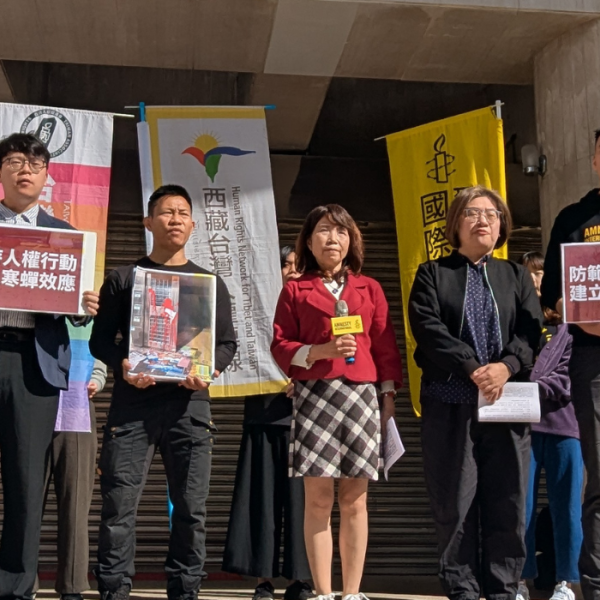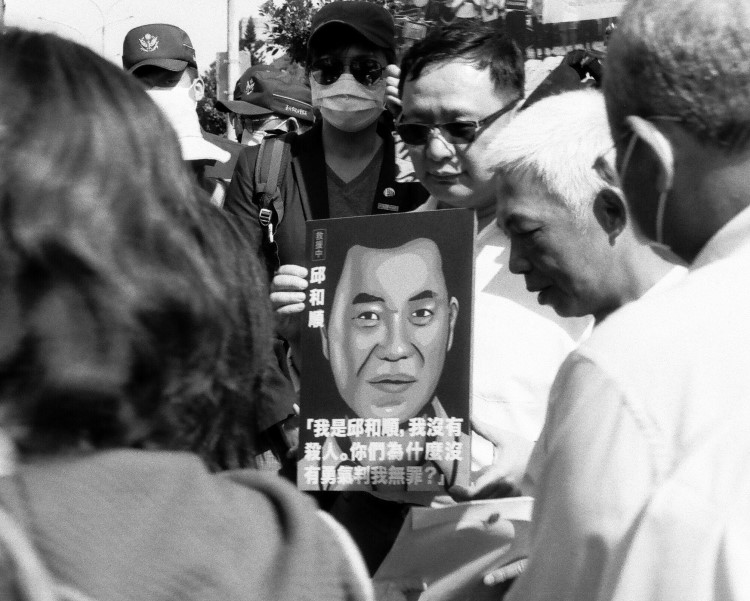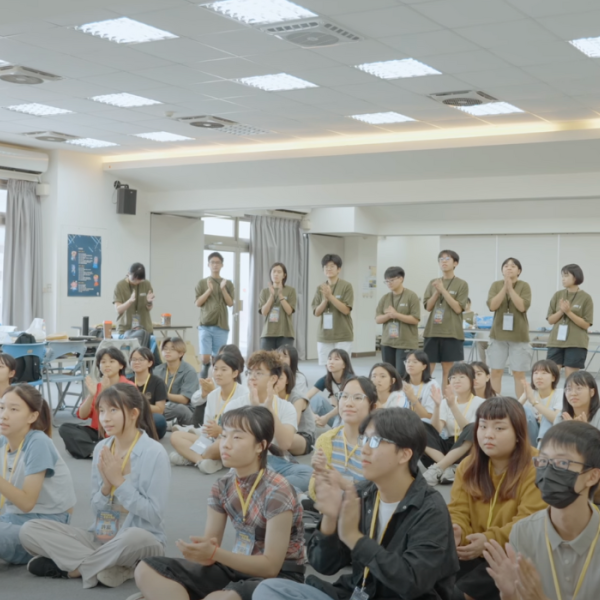【台灣】國際特赦組織提交兩公約影子報告
2020/10/23

國際特赦組織在第三次兩公約國家報告審查前,向國際審查委員會提交影子報告,本報告內容關注台灣執行兩人權公約之狀況。
國際特赦組織已於10月15日向國際審查委員會提交了一份有關台灣執行《公政公約》與《經社文公約》之報告。
這是國際特赦組織第一次在台灣提交影子報告,也是第一次將全程參與台灣所主辦的兩公約審查。過去在2013年及2017的兩次審查,國際特赦組織都僅以觀察員的身分參與。國際審查委員會預計在2021年3月22到26日對國際特赦組織之報告進行審查。
國際特赦組織台灣分會秘書長邱伊翎表示,我們認同台灣政府在舉辦審查方面的努力,也期待透過本次審查,台灣政府願意對人權事務做出更多承諾,也為台灣的人權帶來更多正面影響。
邱伊翎也進一步指出,由於審查地點在台北,大部分的NGO都有機會和與會的人權專家分享其意見;相較於聯合國人權事務委員會(UN Human Rights Committee)為《公政公約》及經社文委員會為《經社文公約》所做的審查,台灣所做的審查更為全面。
本報告中,國際特赦組織特別聚焦新冠肺炎期間的人權議題,特別是在隱私權方面;死刑;難民及庇護尋求者;臉部辨識科技的應用與數位身分證;虛假資訊防治措施;集會遊行法以及太陽花學運判決;同性婚姻;移工權益;原住民權益。
防疫期間的隱私權議題
台灣政府的防疫措施雖獲得海內外的好評,然而部分防疫措施卻暗藏影響人權的風險,尤其是對隱私權造成侵害。
台灣當局以防疫之名,取用包含旅遊史、信用卡交易紀錄及手機定位資訊等個資,藉此追蹤潛在患者與監控進行居家檢疫的民眾。由於上述措施並沒有明確的範圍與時間限制,因此容易使民眾的隱私權受到威脅。
邱伊翎指出,在執行監控措施時,政府應確保所有的措施都於法有據、具有必要性且符合比例原則。
難民法缺乏進展
難民法的立法過程一再延宕,審查委員會在2017年的審查中指出,台灣政府應盡快訂定符合國際法的「不遣返原則」的法規。
由於缺乏相關法規,台灣當局只能專案處理來庇護尋求者的案件,缺乏程序保障。這讓台灣政府難以提供庇護尋求者有效的保護。
邱伊翎表示,台灣應該建立符合國際法「不遣返原則」的難民審查及保護機制。
應用臉部辨識科技所帶來的隱私風險
臉部辨識科技早已被台灣政府廣泛應用在各種公共場所中,例如學校及火車站。這些措施經常在未獲民眾同意及缺乏堅實法律基礎的情況下執行。
由於臉部辨識科技會自動收集與處理個人資訊,其應用將會嚴重干預民眾控制個人資訊的自由。
邱伊翎表示,台灣政府使用臉部辨識科技的相關措施,早已違反《公政公約》第17條,政府應立刻禁止公私部門使用、開發、生產、銷售與進口具備「身分辨識」功能的臉部辨識科技的相關產品。
新式晶片身分證
內政部在10月5號宣布,將在2021年7月全面換發新式晶片身分證,新式晶片身分證將會結合現有身分與自然人憑證的功能,讓民眾可以透過單一憑證使用多種公共服務。
邱伊翎表示,換發新式晶片身分證可能會侵害民眾的隱私權。例如在缺乏適當法律規範的情況下,公私部門有可能藉新式晶片身分證來濫用民眾個資。
邱伊翎進一步強調,政府必須要為新式晶片身分證的各種相關層面,提供完整的法律授權及規範。
若英文本與中文譯本之間有任何歧義,則以英文版為準。
英文報告編碼:ASA 38/3212/2020
Amnesty submits shadow report on Taiwan’s third ICCPR and ICESCR review
Amnesty International has highlighted its key human rights concerns in Taiwan in a shadow report regarding the government’s implementation of two UN human rights treaties.
On 15 October, the organization’s Taiwan office made a submission to the International Review Committee ahead of its review of Taiwan’s implementation of the International Covenant on Civil and Political Rights (ICCPR) and the International Covenant on Economic, Social and Cultural Rights (ICESCR).
It is the first time Amnesty has submitted a shadow report and taken part in the full review process on the implementation of the ICCPR and ICESCR in Taiwan. There have been two previous reviews, in 2013 and 2017, in which Amnesty attended only as an observer. The International Review Committee is expected to review and discuss Amnesty’s report during the week-long review process on 22-26 March, 2021.
“We recognize the government’s effort in hosting the review and we are hoping through this review that the government of Taiwan will show more commitment to, and have a more positive impact on, human rights,” said E-Ling Chiu, Director of Amnesty International Taiwan.
“This review in Taiwan by a set of international experts is more comprehensive than the review on the ICCPR undertaken by the UN Human Rights Committee and the review on ICESCR undertaken by The Committee on Economic, Social and Cultural Rights. Since the location of the review is in Taipei, most NGOs will have the opportunity to share their opinions with human rights experts.”
In its submission, Amnesty International emphasizes human rights concerns relating to the COVID-19 pandemic; the death penalty; refugees and asylum-seekers; the right to privacy, in particular the application of facial recognition technology and the use of digital identification; the right to freedom of expression, especially regarding measures on handling misinformation; the Assembly and Parade Act, the use of less lethal weapons in the policing of assemblies, and the case of the Sunflower Movement; same-sex marriage; migrant workers’ rights; and the rights of Indigenous peoples.
The right to privacy in the pandemic
The Taiwan government’s handling of the COVID-19 pandemic has received domestic and international praise. However, some measures taken carry risks to the enjoyment of human rights, especially the right to privacy.
Authorities have tracked potential patients and monitored people in quarantine in the name of fighting COVID-19. The government has access to personal information such as travel history, credit card transaction logs and mobile location data. These new measures put individuals’ right to privacy at risk as they are not subject to a clearly defined scope and timeframe.
“When implementing surveillance measures, the government should ensure all measures comply with the principles of legality, necessary and proportionality,”said E-Ling Chiu.
Lack of progress towards legislation of the Refugee Act
The Refugee Act has been delayed in the legislative process for many years. In 2017, the review committee indicated that the government of Taiwan should pass an act to ensure that the principle of non-refoulement could be followed.
Due to the absence of regulation, the Taiwan authorities can only handle asylum seekers on a case-by-case bases. It is hard for the government of Taiwan to provide asylum seekers with effective protection.
“Taiwan should create a mechanism on review and protection for refugees and obey the non-refoulement principle, consistent with international law, “said E-Ling Chiu.
Privacy risks in the use of facial recognition technology
Facial recognition technology (FRT) has been widely used by the government of Taiwan in multi-public areas, such as schools and train stations. These measures are often taken without obtaining people’s consent and lack a strong legal basis.
The use of FRT interferes with people’s freedom to control their personal information significantly, since the FRT can collect and process personal data.
“Taiwan’s facial recognition technology measures have violated ICCPR Article 17. The use, development, production, sale and export of facial recognition technology for identification purposes by state agencies and the private sector should be banned immediately,” said E-Ling Chiu.
New eID (e-Identification)
On 5 October, the Ministry of the Interior of Taiwan announced that the government will issue a new e-Identification system in July 2021. The New eID would combine the existing ID card with a Citizen Digital Certificate which enables citizens to use multiple public services via a single certificate.
“The New eID could be harmful to people’s right to privacy. For example, without proper regulation it could lead to the misuse of personal data by the public or private sectors,” said E-Ling Chiu.
“The government must comprehensively regulate in law all relevant aspects pertaining to the New eID.”
附加檔案
更多影音
人權影音
- 全球
酷刑工具是如何被警方用來針對示威者?
人權影音
- 全球
阿姆內斯提青春大舞台 2024高中生人權營
人權影音
失去眼睛的警察暴力倖存者萊迪述說她的遭遇
人權影音
- 全球









